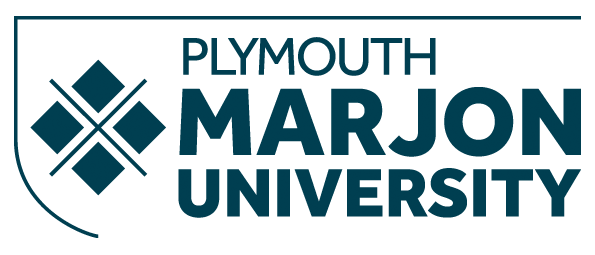Training, Education and Research in COVID-19 Times: Innovative Methodological Approaches, Best Practices, and Case Studies
Language: English Publication details: Basel, Switzerland MDPI - Multidisciplinary Digital Publishing Institute 2021Description: 1 electronic resource (278 p.)ISBN:- books978-3-0365-2102-2
- 9783036521015
- 9783036521022
- Technology: general issues
- job satisfaction
- sustainable health
- medical training
- accreditation
- satisfaction
- health governance
- Saudi Commission for Health Specialties
- smart healthcare
- residents training
- quality
- COVID-19
- medical education assurance
- training
- governance
- framework
- best practices
- healthcare
- population health research
- public health research
- research methods
- the COVID-19 pandemic
- online education
- online courses
- the satisfaction of students
- higher education
- preventive behaviors
- theory of planned behavior
- subjective norms
- pandemic
- educational process
- digital education
- management change
- student behavior
- student attitude
- organizational speed
- dynamic capability
- ambidexterity
- R&D organization
- young adults
- hybrid learning
- remote teaching
- educational spaces
- tertiary education
- Austria
- mixed methods
- post-digital
- eLearning
- flipped classroom
- ARCS model
- teaching method
- international cooperation
- psychophysiological standard
- professional-defining qualities
- specialist professiogram
- environmental engineer
- employee psychophysiological profile
- psychophysiological status
- education for sustainable development
- MOOCs
- MOOC
- sustainable education
- IS success model
- expectation–confirmation model
- gamification
- continued usage intention
- course performance
- student performance
- Chinese universities
- n/a
Open Access star Unrestricted online access
The global COVID-19 pandemic has posed a major challenge in all aspects of life, including how graduate training of healthcare practitioners is conducted. In Saudi Arabia, there were over 14,000 graduate health professional trainees in different stages of their training in various specialties distributed in many healthcare facilities across the country. The vast geographical distribution and diversity of health specialties training programs and activities have remarkably magnified the challenge posed by the pandemic. However, recently, the SCFHS implemented a health training governance reform that granted more autonomy to accredited training facilities in supervising training activities according to preset policies. This autonomy was crucial for mitigating various risks imposed by the pandemic, especially during the extended periods of strict lockdown. The ultimate mandate is a knowledge management primer. We need to once again focus on the basics of human creativity and knowledge creation: Create the content/knowledge; Utilize knowledge; Document knowledge; Communicate knowledge; Enable an integrated training, education, and research ecosystem; Utilize the integrated platform. Our volume is a contribution to the scientific debate for the added value of COVID-19 to our training, education, and research capabilities. We continue this debate with a new Special Issue in the Sustainability journal. We look forward to your contributions to this discussion.
Creative Commons https://creativecommons.org/licenses/by/4.0/ cc https://creativecommons.org/licenses/by/4.0/
English
